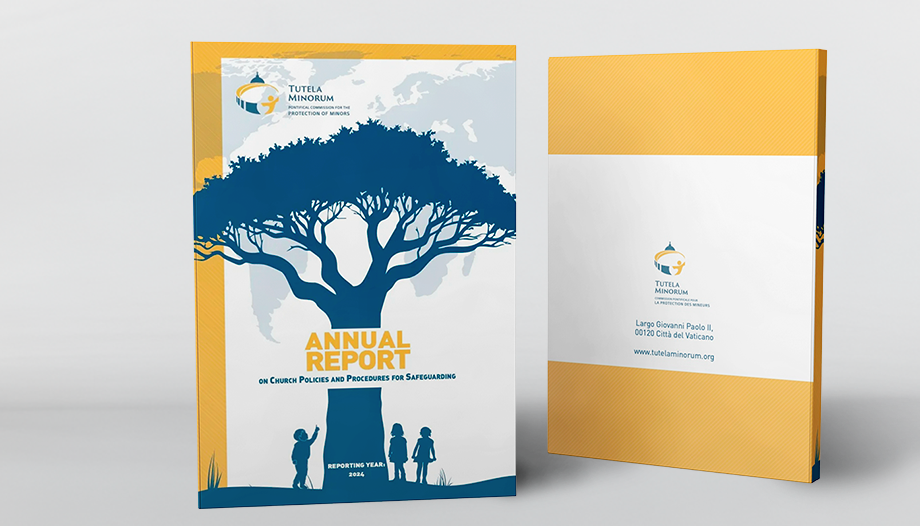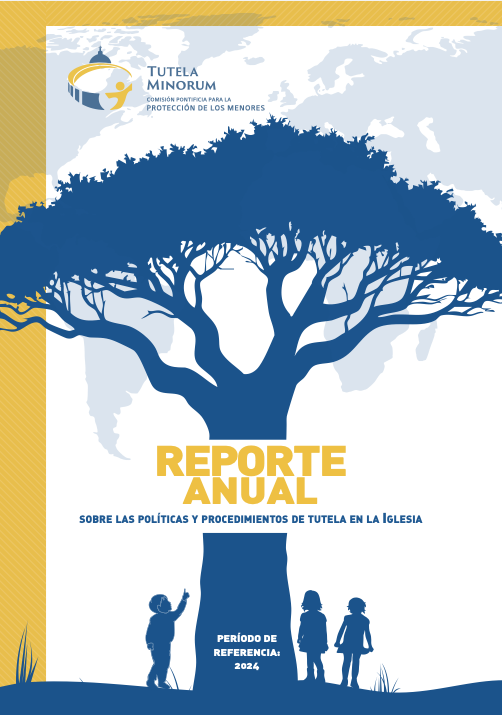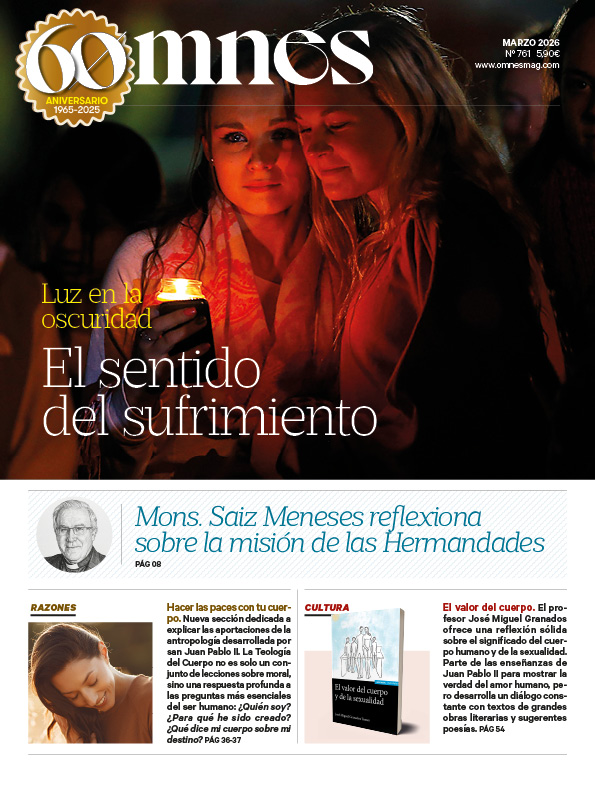– Supernatural Pontifical Commission for the Protection of Minors has presented in Rome its second Annual Report on Church Guardianship Policies and Procedures. It is a comprehensive study aimed at prevention, assistance and knowledge of the facts that, in this edition, has counted with a much higher number of victims of abuse in ecclesial environments in all regions of the world.
The report, whose first edition published last year, this time focused on how the Church is doing with regard to existing reparation practices in the local Churches and their pastoral and theological foundation "understood as the Church's responsibility to accompany victims/survivors on their journey of healing and reparation".
40 victims participating in the study
In his presentation, the president of the Pontifical Commission for the Protection of Minors, Bishop Thibault VernyArchbishop of Chambéry, stressed that "the annual report is intended as a tool to accompany the Church's mission of protection" and that it "takes subsidiarity into account.
This second report has seen an expansion and improvement of the victim listening system from one region to four (Africa, America, Asia-Oceania and Europe) and reiterates its "commitment to continue to welcome contributions from victims/survivors" for future reports. Forty victims from these various regions have contributed to this second report and it also includes the report of a lay association: The Work of Mary - Focolare.
An experience that Bishop Verny highlighted by emphasizing how "walking alongside victims and survivors, we have acquired the deep conviction that the road that leads to a culture of protection is not traveled simply by victims and survivors, but with them".
For her part, Dr. Maud de Boer-Buquicchio, a jurist in charge of the Annual Report, emphasized the need to give "an honest response to the countless victims and survivors, known and unknown, who have had the courage to raise the alarm about abuses, despite unimaginable obstacles."
The need to listen and for the victims to feel heard by the Church has been a constant call in this presentation as well as in the report itself. We have to overcome some internal or cultural resistance, as Luis Manuel Alí Herrera, secretary of the Commission, pointed out, who also showed his awareness that there may be "a certain fatigue" about this issue, and that we have to overcome it.
"The Church must broaden its understanding of reparations."
"Our study clearly revealed that the Church must broaden its understanding of reparations beyond mere financial compensation," Boer-Buquicchio said. This broadening includes the need to embrace what he describes as "critical means of reparations" that go beyond economic reparations. "A truly comprehensive approach to reparations includes (1) welcoming, listening and caring; (2) public and private communications and apologies; (3) spiritual and psychotherapeutic support; (4) economic support; (5) institutional and disciplinary reforms; and (6) safeguarding initiatives throughout the ecclesial community," she enumerated.
The person in charge of preparing this report wished to stress the importance of the Church's organization in collecting data on this issue in order to continue the fight against abuse. In this regard, she stressed the importance of collaboration with apostolic nuncios who "are in a unique position to offer a deeply insightful perspective on the protection challenges facing a given country."
The II Annual Report
Each section of the Annual Report provides the analysis of various church entities, presenting the following aspects: a profile of the area or community, an overview of safeguarding, the Commission's critical observations on the safeguarding challenges facing each region or community, and a series of recommendations from the Commission.
The nations that have participated in this II Report are: Italy (including a regional breakdown), Gabon, Japan, Equatorial Guinea, Ethiopia, Guinea (Conakri), Bosnia-Herzegovina, Portugal, Slovakia, Malta, Korea, Mozambique, Lesotho, Namibia, Regional Episcopal Conference of North Africa (Algeria, Morocco, Western Sahara, Libya, Tunisia), Mali, Kenya and Greece.
The religious institutes included in this Report are: Brothers of Christian Instruction of St. Gabriel - Montfortians and the Missionary Sisters of Our Lady of Africa as well as the report of the Work of Mary (Focolare).









